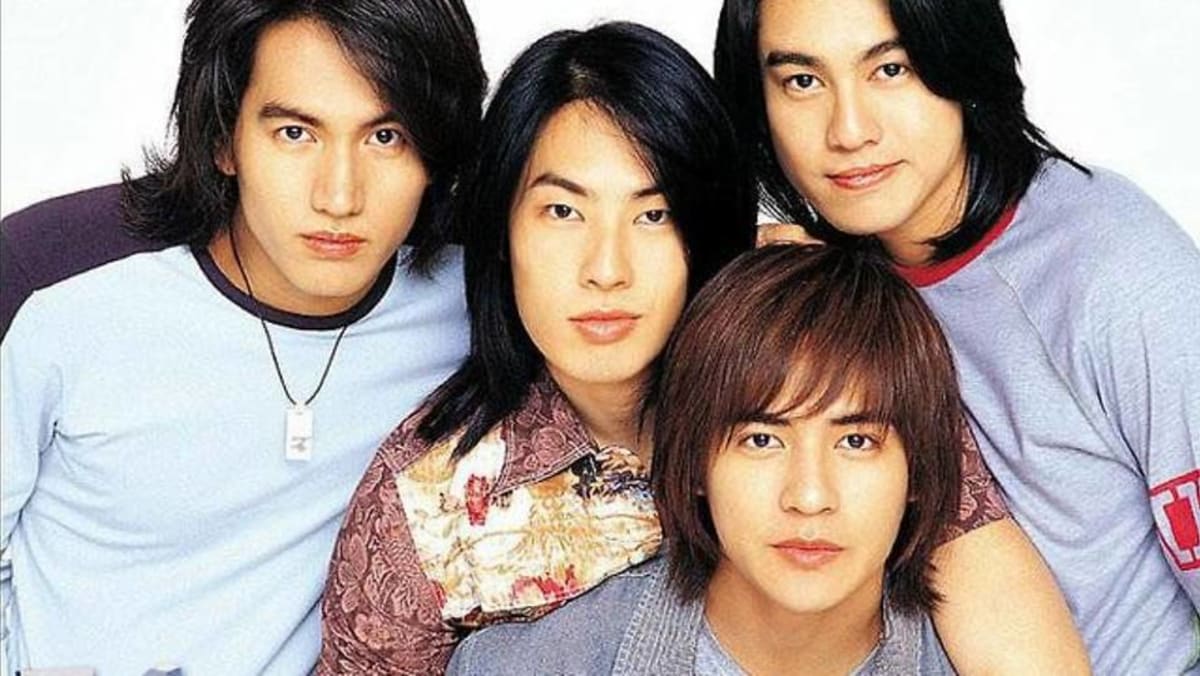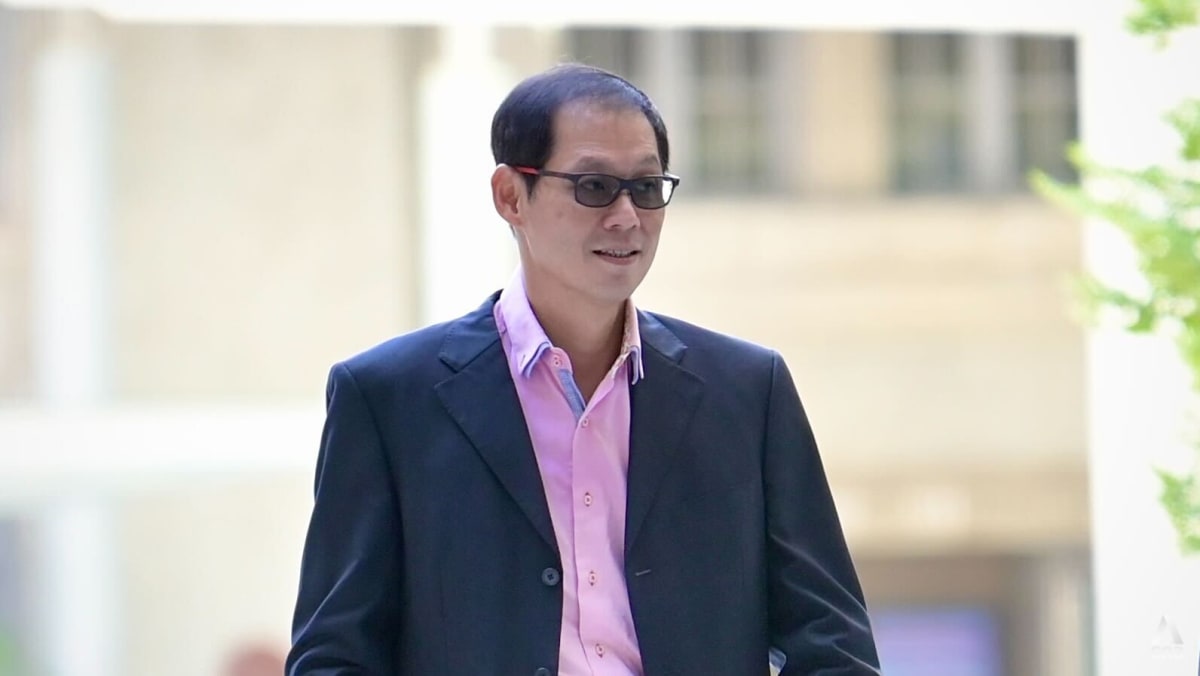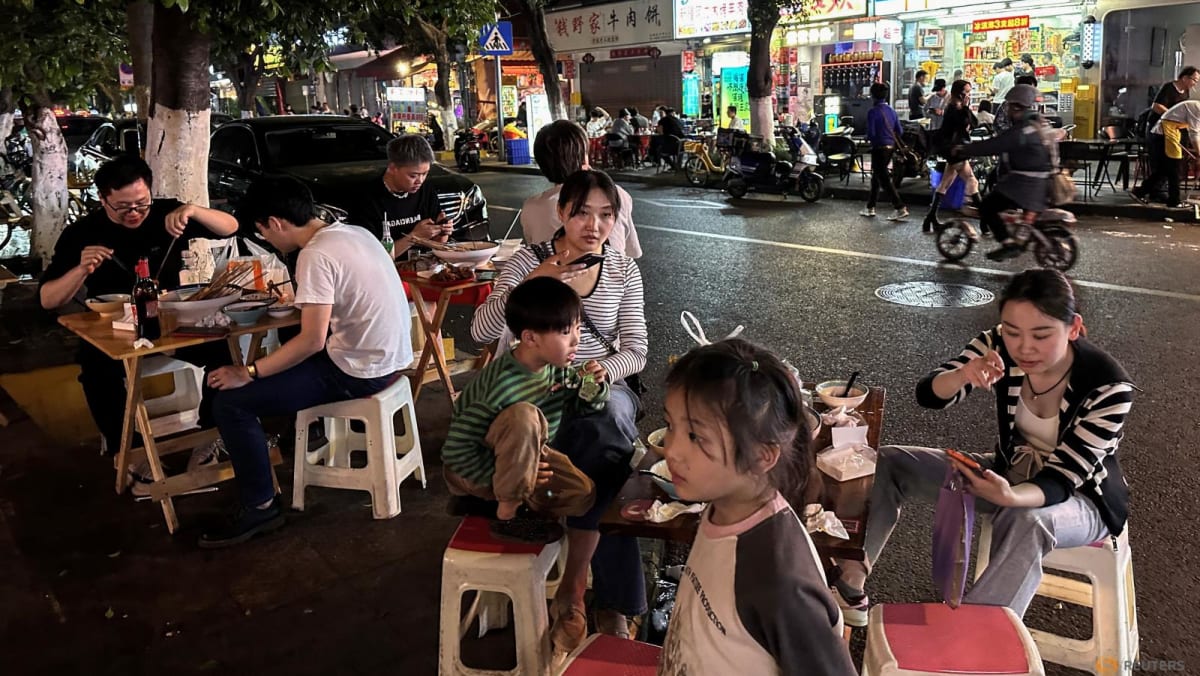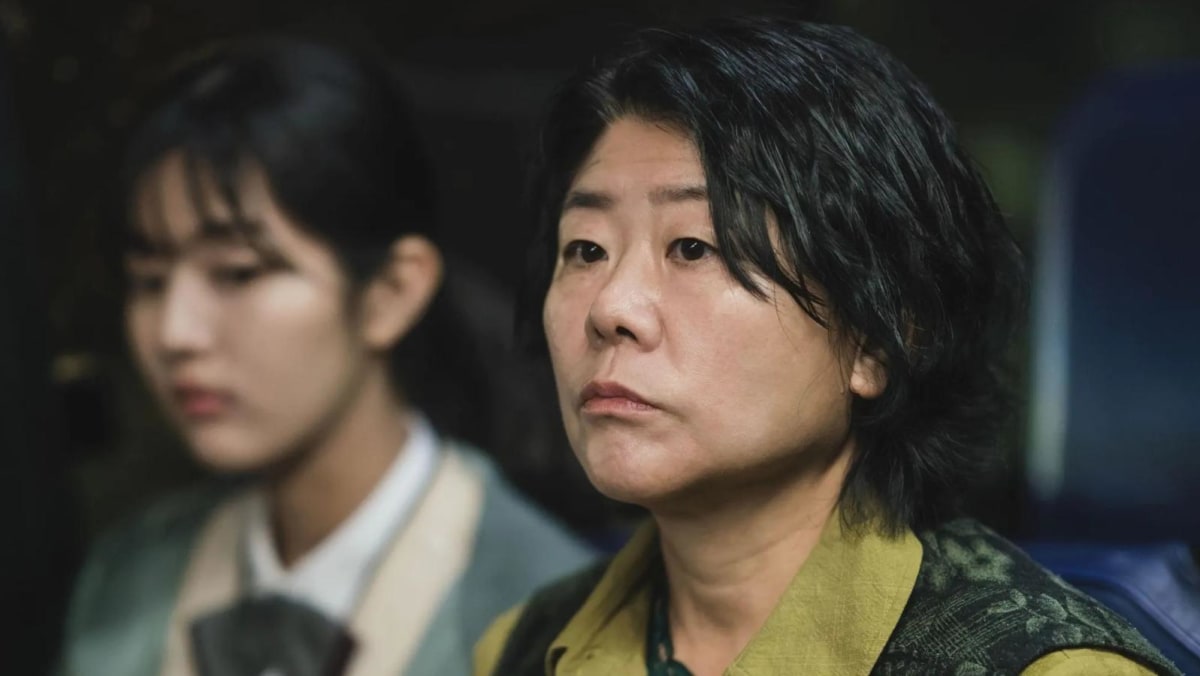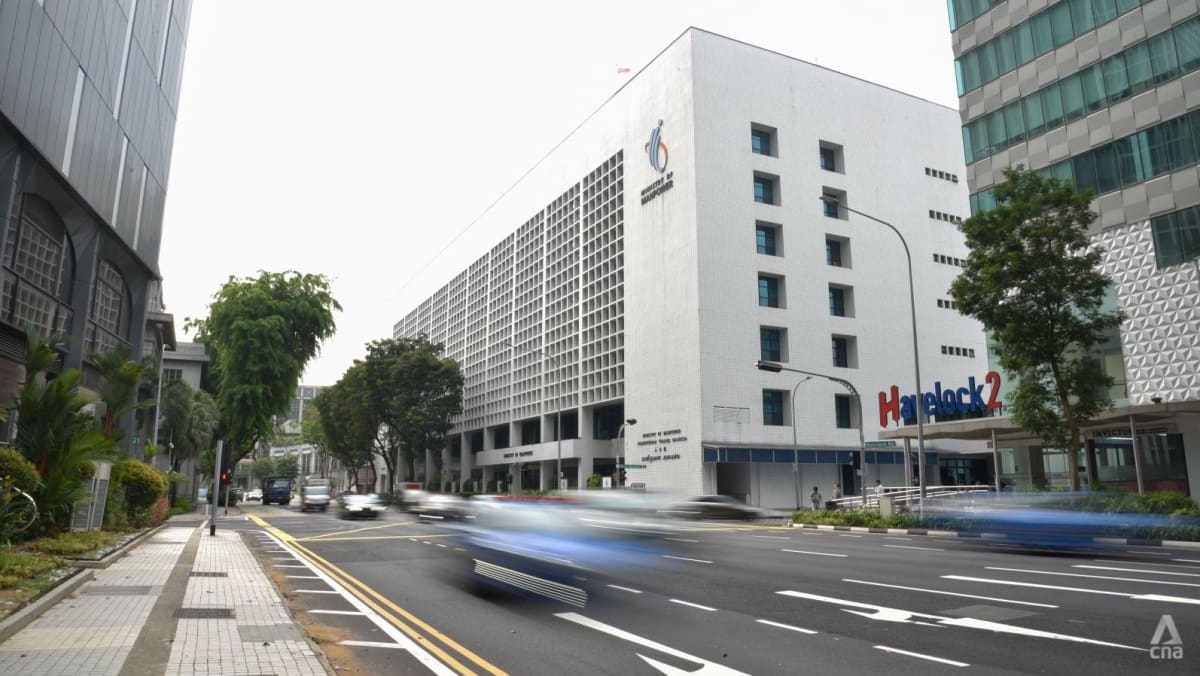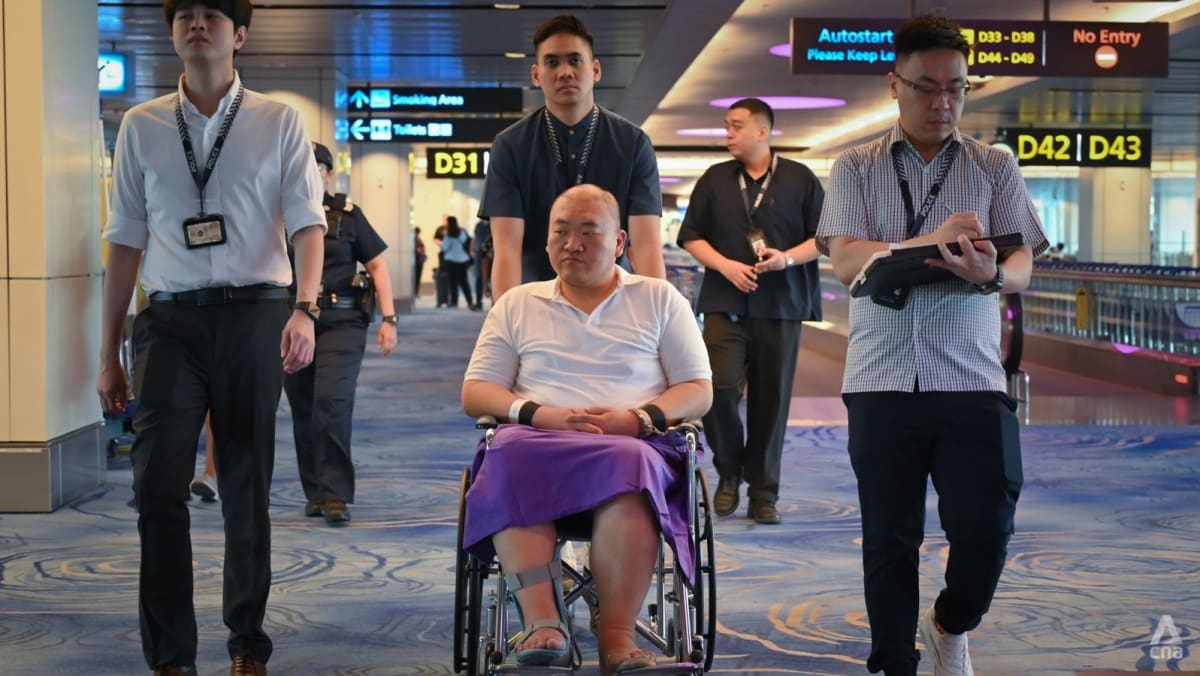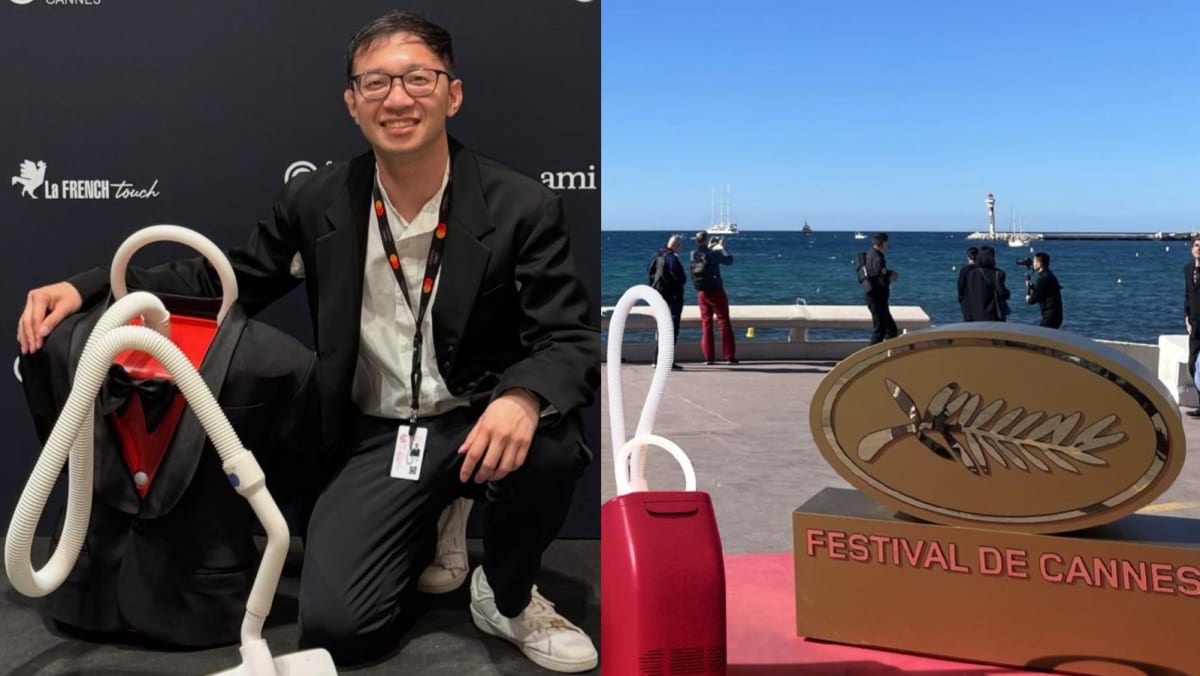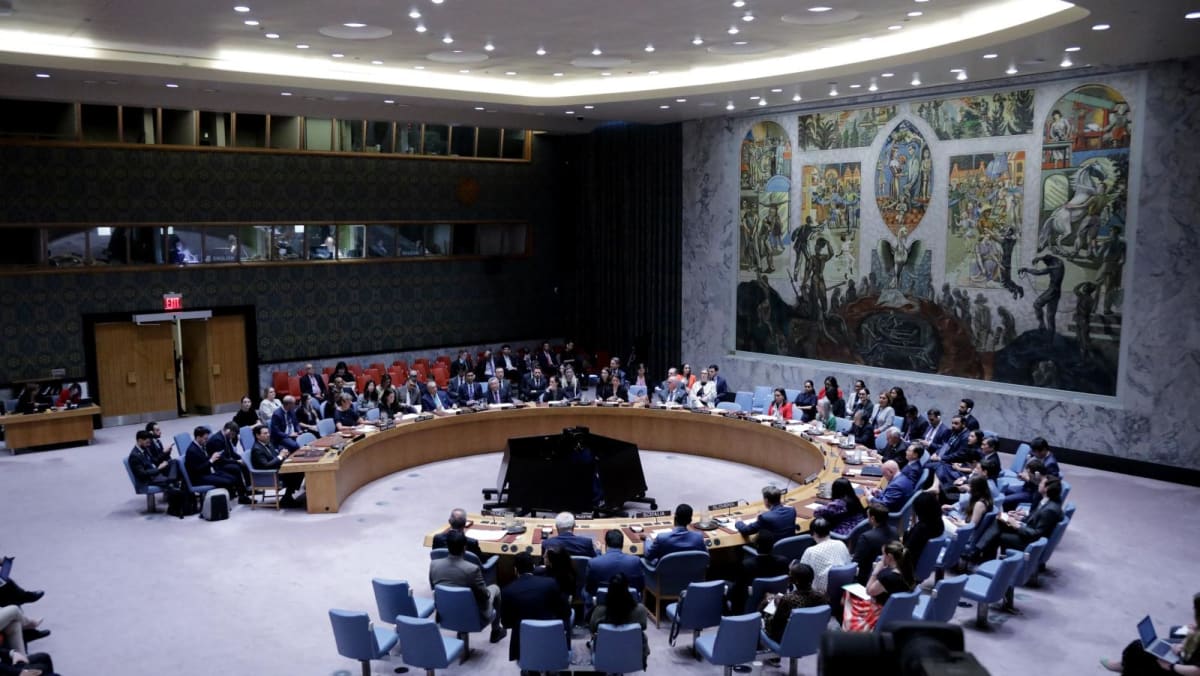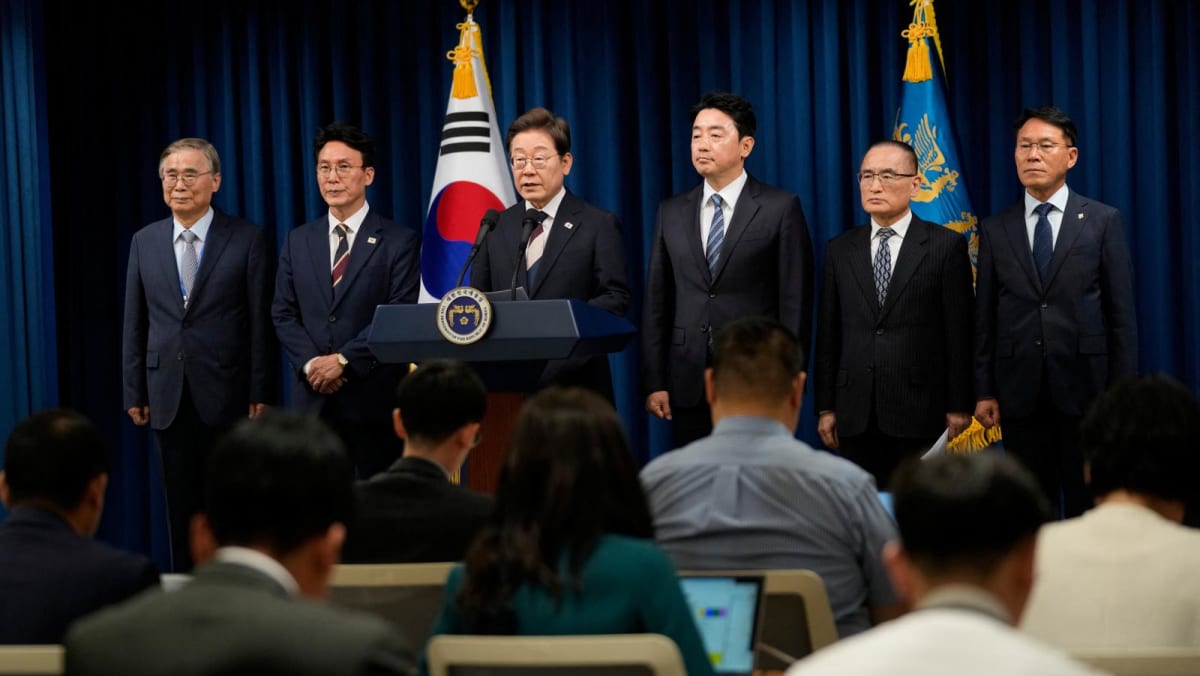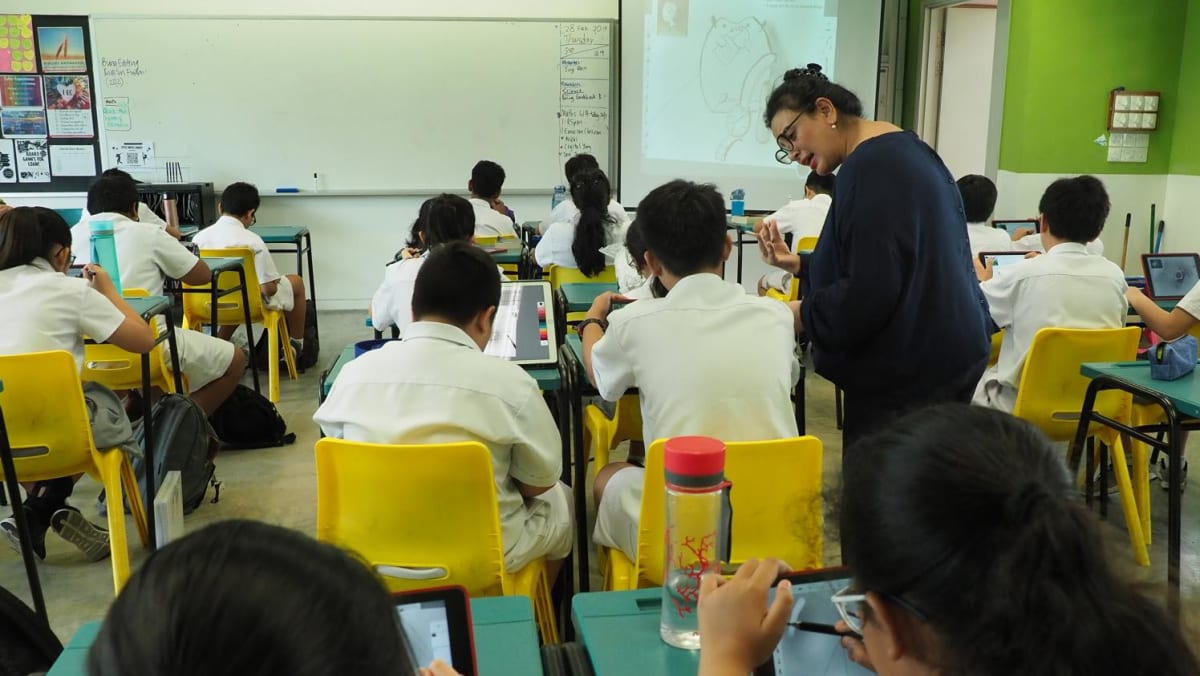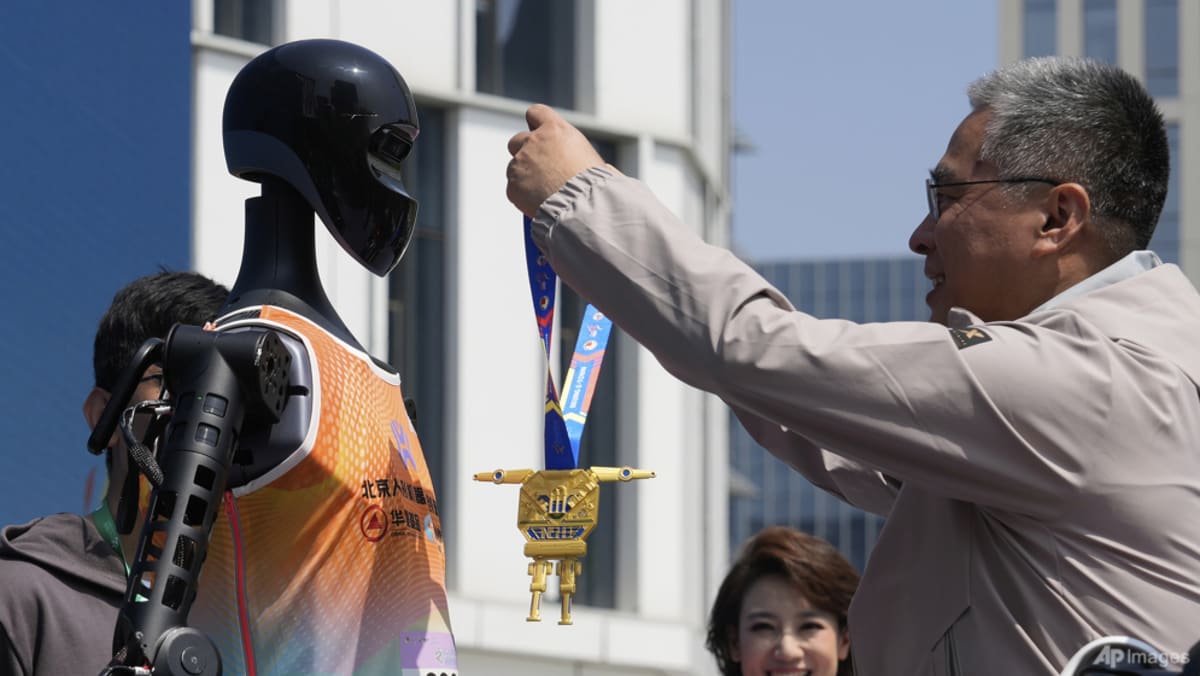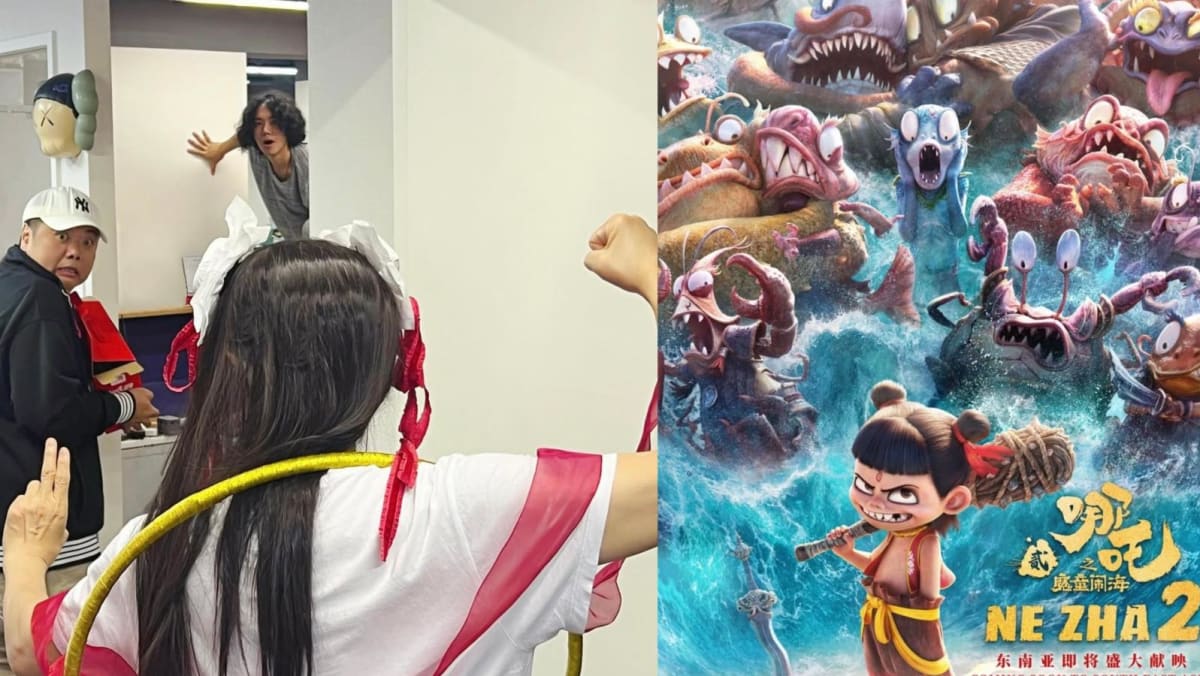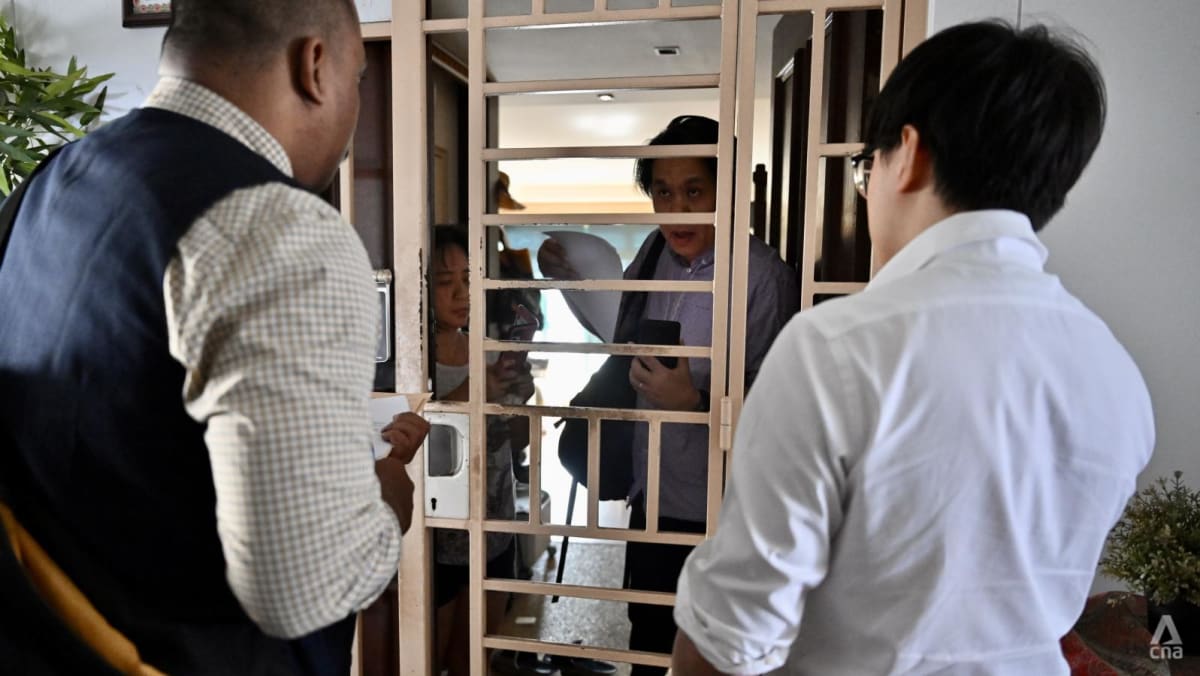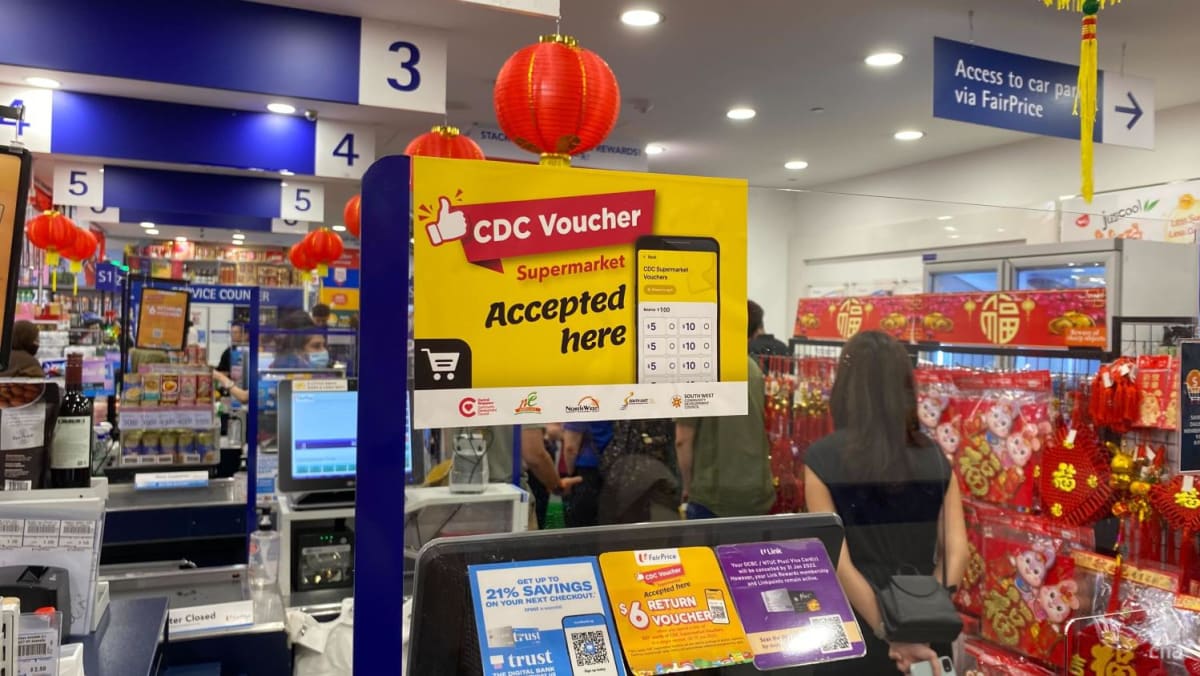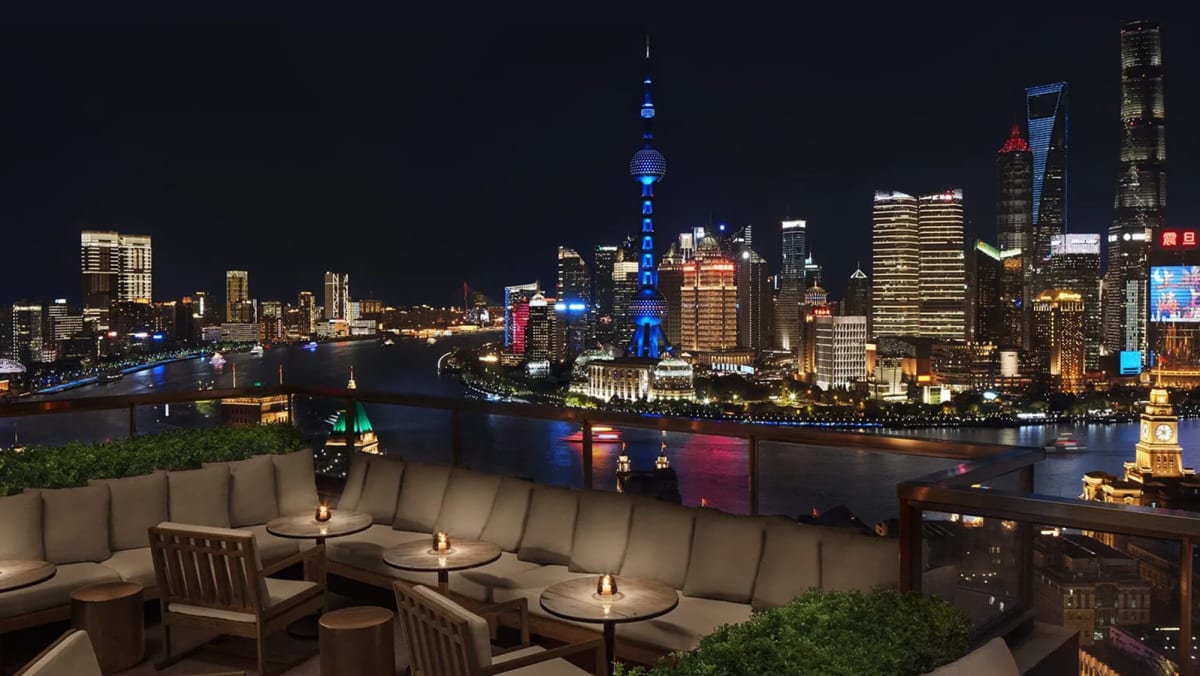SHANGHAI: In another milestone for Singapore-linked firms in China’s medical sector, Raffles Medical Group recently inked a collaboration agreement with one of the most renowned public hospitals in Shanghai.
This comes as Singapore companies have been going big and moving fast in the health industry in the world’s second-most populous nation, despite challenges plaguing the Chinese economy.
Through the tie-up with Renji Hospital, Raffles will establish a "dual circulation" service system for medical resources.
Raffles patients will get to tap the expertise of Renji specialists, while Renji gains exposure to Raffles’ well-heeled clientele across Asia.
“(Renji) has 180 years of history. They must know China a lot better than us,” noted Dr Loo Choong Yong, executive chairman and co-founder of Raffles Medical Group.
“Currently, they have a few thousand beds. Their public hospitals are very big. They have a wealth of talent, many specialists who are well trained – and the volume is huge.”
Renji – an affiliate of the Shanghai Jiao Tong University School of Medicine – sees more than 7 million patients annually.
Raffles operates medical facilities in 14 Asian cities. These include three hospitals in Shanghai, Chongqing and Beijing, as well as outpatient clinics in five Chinese cities.
PATIENTS WILL SPEND FOR HEALTH
The Renji deal is part of Raffles’ continued foray into China, even as the country’s economy continues facing economic headwinds.
Dr Loo said the medical group has noticed its target segment of patients are “less affected” by the slowdown in economic growth as their priority is to ensure they are healthy.
“They may not buy another motor car … but when they are not well, they will be more prepared to spend money to make sure they are well,” he added.
To tap this promising market, Singapore firms like Perennial Holdings have been jumping at the chance to make their foray into it.
In September last year, the real estate and healthcare company was the first to get a licence when China announced that fully foreign-owned hospitals will be allowed to operate in several key cities, including Beijing and Tianjin.
Six months later, Perennial General Hospital opened its doors in Tianjin.
The 500-bed tertiary multi-disciplined hospital was developed and equipped at a total investment cost of 1 billion yuan (US$137 million).
It features an asset-light co-medical space concept for doctors and medical groups called the Shared Medical Platform, where they focus on providing medical consultations and treatments without having to invest in medical facilities and services.
Doctors and medical groups can instead rely on the shared medical facilities and services provided and managed by Perennial Holdings, including advanced operating theatres, diagnostic imaging equipment and a clinical laboratory.
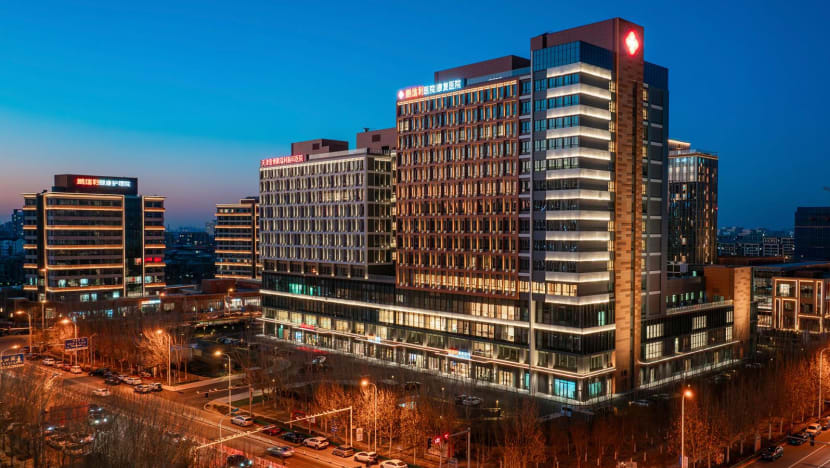 Perennial General Hospital in Tianjin city, China. (Photo: Perennial Holdings)
Perennial General Hospital in Tianjin city, China. (Photo: Perennial Holdings)
Mr Pua Seck Guan, executive chairman and CEO of Perennial Holdings, said its Tianjin project “opened up a lot of opportunities” for the company.
“Quite a number of cities have actually approached us. So, since then, we have also given the first foreign wholly owned hospital licence in Guangzhou, and we are now looking at doing it in other cities such as Shanghai,” he added.
The Singapore brand has benefited both Perennial Holdings and Raffles Medical Group.
Dr Loo noted: “I think in China, (the branding) helps us. Chinese people … they expect us to be honest, have integrity … And of course, we have to prove that we are trustworthy.”
TENSIONS WITH WEST
China’s tensions with the West have also meant a bigger playing field for Singapore-linked firms – even foreign-owned ones like Parkway, which is currently owned by Malaysian health company IHH.
Parkway Shanghai announced late last year that it will open a new flagship ambulatory care centre in downtown Shanghai this year. It opened its first medical centre in the city in 2006.
Dr Kenneth Tsang, regional CEO of IHH Healthcare North Asia, said Singapore’s reputation for high-quality medical care “means a lot for us”.
“Take for example, some of our competitors who were previously formally linked to very famous hospitals, let's say, from the United States. The ability to continue to promote that US link is now becoming less important or less being promoted,” he added.
“And therefore, from our perspective, the ability to be linked to Singapore and promote the clinical service that we are exporting from Singapore into China is actually very, very important.”
While China’s medical sector has its unique challenges, it has created opportunities for foreign firms.
For instance, it was not the practice to visit a general practitioner clinic for minor ailments.
Dr Tsang said this is no longer the case.
“People are learning fast. They know (going to the hospital) is not always necessary, and therefore they are becoming more accustomed to the use of clinics,” he added.
As Chinese exports face a torrent of tariffs in the West, China has been actively promoting medical tourism to boost consumption within its borders – giving foreign medical firms, like those from Singapore, even more opportunities to thrive.

